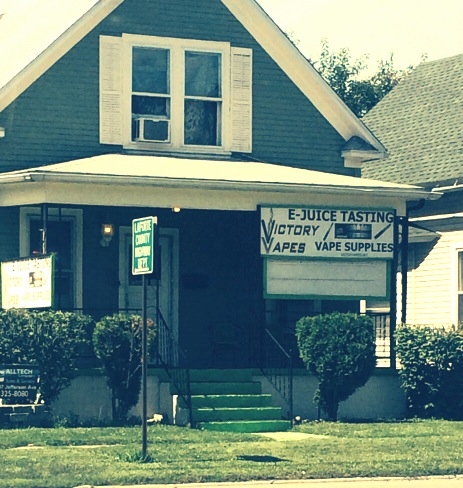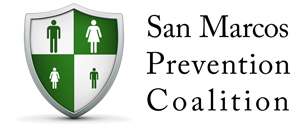Licensing E-Cigarette Retailers and Vape Shops
States typically require retailers that sell cigarettes or other tobacco products to obtain a license or permit from the state or local government. A growing number of states and local communities are now requiring e-cigarette retailers, including vape shops, to obtain licenses or permits.

Vape shops often sell e-cigarettes, replacement parts, pre-mixed flavored e-liquids, and other e-cigarette related products to customers. Vape shops also often mix or prepare combinations of liquid nicotine, flavors, or other liquids, and create or modify aerosolizing apparatuses – all for direct sale to customers for use in e-cigarettes. Thus, under federal law, depending on their activities, vape shops can be considered tobacco product retailers, manufacturers, or both – regardless of whether they sell e-cigarettes and related products in brick and mortar establishments or online.
Fourteen states and the District of Columbia have passed laws requiring e-cigarette retailers and vape shops to obtain either a license or a permit to do business. For example, in April 2016, the Washington state legislature adopted rules to create a statewide licensing system for businesses that sell and distribute “vapor products,” including liquid nicotine. The state estimates that approximately 6,000 retailers will be affected by the new licensing rules, along with roughly 150 “vapor products” distributors. The rules, which are expected to take effect in fall 2016, require retailers to obtain a separate license to sell “vapor products” online. Other states requiring retailers to obtain licenses or permits to sell e-cigarettes include Arkansas, California, Connecticut, Indiana, Iowa, Kansas, Louisiana, Maine, Minnesota, Missouri, Montana, North Carolina, and Rhode Island.
In addition, many local communities have adopted their own licensing and permit requirements for e-cigarette retailers and vape shops. For example, San Marcos, California, recently passed an ordinance requiring any shop that sells tobacco products, including e-cigarettes and related devices, to purchase a city-issued “tobacco retail license.”
 The city partnered with the San Marcos Prevention Coalition and the Vista Community Clinic, which conducted surveys of local e-cigarette retailers and vape shops and determined that a number of businesses were selling these products to minors in violation of state law. San Marcos plans to use the tobacco license fees (roughly $190 per establishment) to ensure that businesses are complying with tobacco control regulations, including restrictions on selling to underage users. (California recently raised the minimum legal age to purchase tobacco and e-cigarette products from 18 to 21.)
The city partnered with the San Marcos Prevention Coalition and the Vista Community Clinic, which conducted surveys of local e-cigarette retailers and vape shops and determined that a number of businesses were selling these products to minors in violation of state law. San Marcos plans to use the tobacco license fees (roughly $190 per establishment) to ensure that businesses are complying with tobacco control regulations, including restrictions on selling to underage users. (California recently raised the minimum legal age to purchase tobacco and e-cigarette products from 18 to 21.)
Ensuring regulatory compliance at the point of sale is just one of many ways in which licensing e-cigarette retailers and vape shops can be an effective tobacco control tool for both state and local governments.
Read the press release from the San Marcos Prevention Coalition: “A New Law in San Marcos Will Help Prevent Minors from Consuming Tobacco and Accessing Drug Paraphernalia.”
Learn more about tobacco retailer licensing and e-cigarettes at the point of sale.




